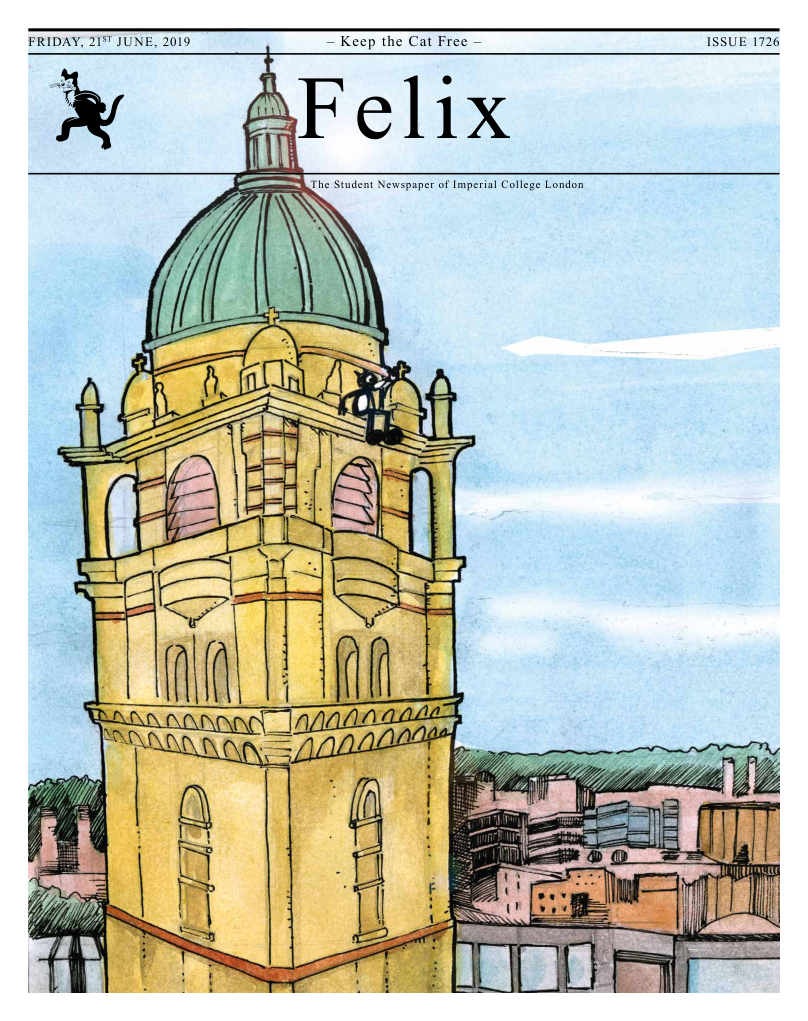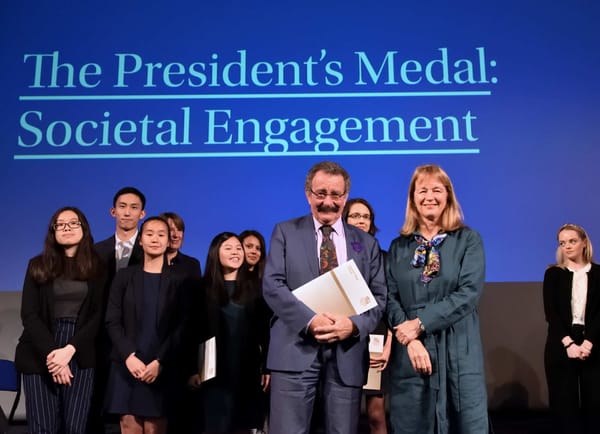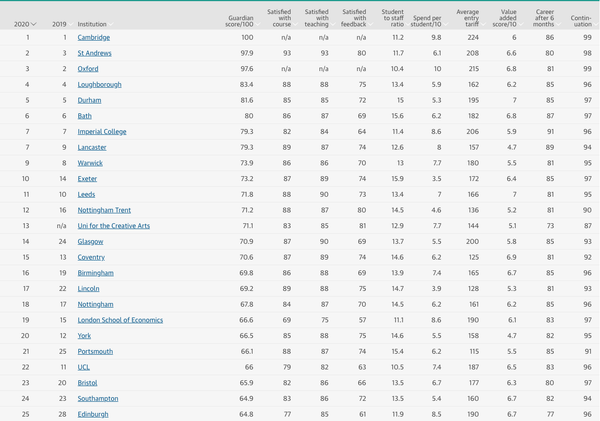Strike threat as College rejects plea to protect pensions
Imperial’s refusal to protect workers absolutely from increasing pension contributions risks industrial action later this year.
Imperial College has rejected a request from the University and College Union (UCU) to commit to effectively capping employees’ pension contributions at 8%, despite warnings that the move could trigger strikes later this year and in 2020.
Last month, the College – along with most other universities – confirmed that its preferred option for the Universities Superannuation Scheme (USS) is for pension contributions to increase to 21.1% for employers and 9.6% for employees, making a total contribution of 30.7%, in October 2019. Contributions would further increase to 34.7% in October 2021, subject to a new valuation in 2020.
UCU, however, has raised concerns over the USS’ “questionable” position, and accused employers of betraying staff by failing to “work to replace the 2017 [contribution] increases with a fair outcome”.
In a letter to Imperial President Alice Gast, the UCU Head of Higher Education, Paul Bridge, said universities had allowed USS to ignore the “most important recommendations” of the Joint Expert Panel (JEP), which produced its first independent review last September. Implementing the JEP’s recommendations in full would result in combined pension contributions of 26%, with 14% paid by employers and 8% paid by staff.
Since contributions under the USS proposals are higher than could be achieved under the JEP’s recommendations, the plan fails the “no detriment” test enshrined in UCU policy. This test requires no increases in pension contributions and no cuts to pension benefits.
Last week, UCU asked the College to confirm that it “will not impose any benefit cuts and/or contribution increases, including contingent contributions and default contribution rates for future valuations, on members from October 2019 onwards … [including] any and all increases over the rate of 26% (8% for members) which was established prior to the 2017 valuation”.
UCU has also told the College it must instruct its representatives on the Joint Negotiating Committee and Employers’ Pension Forum “not to introduce, comply with, or vote for any proposals that would involve such cuts and/or increases for members”. Alternatively, the College must “cover any scheduled increases in full until USS’s governance and valuation methods and assumptions have been overhauled”.
The College was given until last Wednesday to commit to these demands. Failure to do so would be construed as evidence of a trade dispute between the College and UCU members, according to Bridge, and would leave the College facing “a damaging dispute and strike action”. At a recent UCU conference, delegates voted to “commence a dispute with USS employers and to move to a statutory ballot for industrial action in September”. Last year, strikes disrupted more than 60 universities in the run-up to exams.
Despite this threat, a draft response to the letter circulated to staff earlier this week rejected the UCU’s call for the College to absorb all additional contributions above 8%. The College stated it is willing to take on a greater share of the combined contributions but “cannot agree that members would not have to take any share of any increased costs”. Additionally, the College said it would continue to push for affordable contribution rates while acknowledging the decision would ultimately be taken by USS and the Pensions Regulator.










